In the world of RF electronics, ensuring the electromagnetic compatibility (EMC) of your products is crucial for their success in the market. EMC Pre-Compliance Testing is a proactive approach that can significantly streamline product development, reduce costs, and minimize the risk of compliance failures. Let us learn more about what EMC is and what it has to offer you!
What is EMC Pre-Compliance Testing?
EMC Pre-Compliance Testing refers to the process of evaluating a product's electromagnetic emissions and susceptibility to interference before seeking formal EMC certification. It involves a series of tests and assessments that help identify potential electromagnetic interference (EMI) issues and non-compliance with EMC standards. This proactive approach allows manufacturers to detect and address EMC problems early in the development cycle. Imagine you are baking a cake for a special occasion. EMC Pre-Compliance Testing is like taste-testing your cake batter before you put it in the oven to make sure it is just right.
Importance of EMC Compliance in Product Development
EMC compliance is not just a regulatory requirement; it is a fundamental aspect of product quality and reliability in the RF electronics industry. Let us learn more about its importance:
1. Quality Assurance: EMC compliance ensures that RF electronic devices meet established quality standards, leading to better product performance and reliability.
2. Interference Mitigation: Compliant products are less susceptible to interference from other electronic devices, resulting in smoother operation and reduced signal drops means improved user experience.
3. Legal Consequences: Non-compliant products can face legal issues, such as regulatory fines or market restrictions, which can significantly impact a company's reputation and finances.
4. Functionality Assurance: EMC compliance ensures that RF electronic devices work as intended within their intended electromagnetic environment, preventing malfunctions or unexpected behavior.
Selection of Testing Equipment for EMC Pre-Compliance Testing
One of the key components of EMC Pre-Compliance Testing is the selection of appropriate testing equipment. Selecting appropriate testing equipment for EMC (Electromagnetic Compatibility) Pre-Compliance Testing is essential for accurate assessments of electronic products.
First, determine the required EMC tests, such as radiated emissions and susceptibility, and check that the equipment supports these tests. Ensure that the equipment covers the relevant frequency range and aligns with the EMC standards your product must meet.
Consider the testing environment, including space and shielding requirements. High accuracy and sensitivity are crucial for reliable results, so choose equipment known for precision. Regular calibration and maintenance are essential.
Ensure compatibility with your Device Under Test (DUT), accounting for its size and connectivity , cooling & ventilation requirements. User-friendliness and comprehensive reporting capabilities are also important. Evaluate the equipment's cost, technical support, and training options. Finally, consider future needs and the reputation of the equipment provider.
Selecting the right testing equipment streamlines product development, reduces costs, and helps meet EMC compliance requirements, ensuring your electronic products function correctly without interfering with other devices.
Advantages of Early EMC Pre-Compliance Testing
EMC (Electromagnetic Compatibility) compliance offers a range of significant advantages for both manufacturers and consumers in the world of electronic devices and systems. Here are the key advantages of EMC compliance:
1. Early Detection of EMI Issues: By conducting EMC Pre-Compliance Testing in the early stages of product development, you can identify and address EMI issues before they become more challenging and costly to resolve. This proactive approach helps prevent last-minute design changes that can delay product launch.
2. Improved Design Iteration: Pre-compliance testing provides valuable insights into your product's EMC performance, enabling you to iterate on the design and make necessary adjustments. This iterative process leads to more robust and EMC-compliant designs.
3. Reducing Development Costs and Launching Time to Market: Detecting and resolving EMC issues early in the development cycle saves both time and money. It eliminates the need for extensive redesigns and retesting, allowing you to bring your RF electronics to market faster and more cost-effectively.
4. Minimizing the Risk of Compliance Failures: EMC compliance failures can be costly, both in terms of financial resources and reputation. EMC Pre-Compliance Testing significantly reduces the risk of such failures by ensuring that your product is on the right track from the beginning. When you address EMC issues early, you can have confidence that your final product will pass formal compliance testing with ease.
Conclusion:
In the world of RF electronics, EMC Pre-Compliance Testing is not just a best practice - it is a necessity. It empowers manufacturers to identify and address EMC issues early in the product development cycle, leading to improved designs, reduced development costs, and faster time to market. By investing in the right testing equipment, such as RF shield boxes, and adopting a proactive approach to EMC compliance, we can streamline your product development processes and minimize the risk of compliance failures. In this ever-evolving field, staying ahead of EMC challenges is not only a regulatory requirement but also a competitive advantage. That is where we come in - RF Electronics, your one-stop-shop for everything in RF Electronics including RF Shield Boxes , RF Test Beds , RF Test Racks , RF Shield Rooms , Full Turnkey RF Test Setups , RF Mux Boxes , Custom RF Component Assembly and Custom RF Chassis. Contact us today!
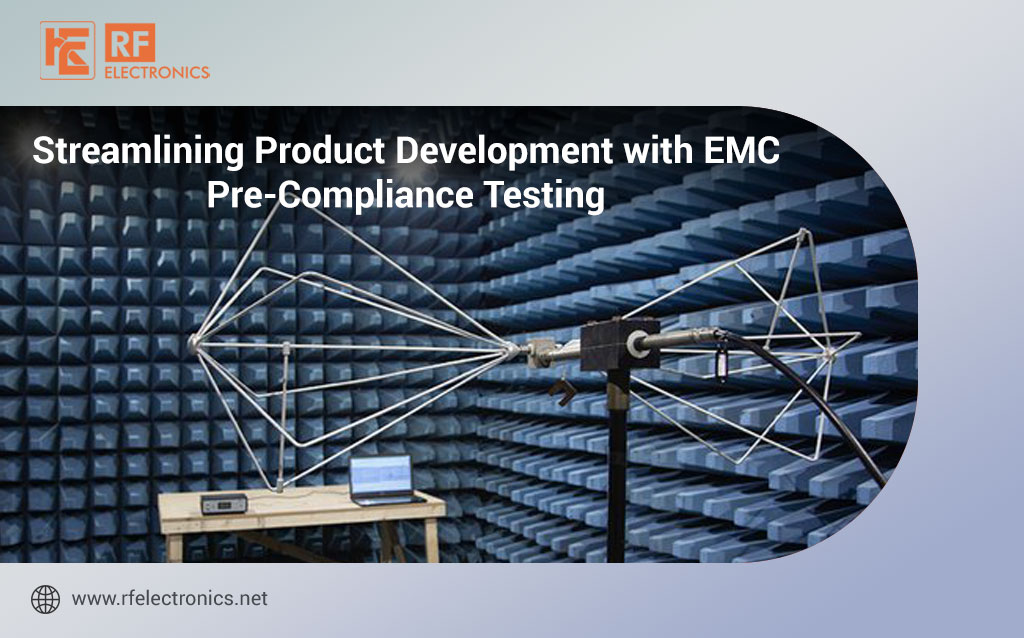
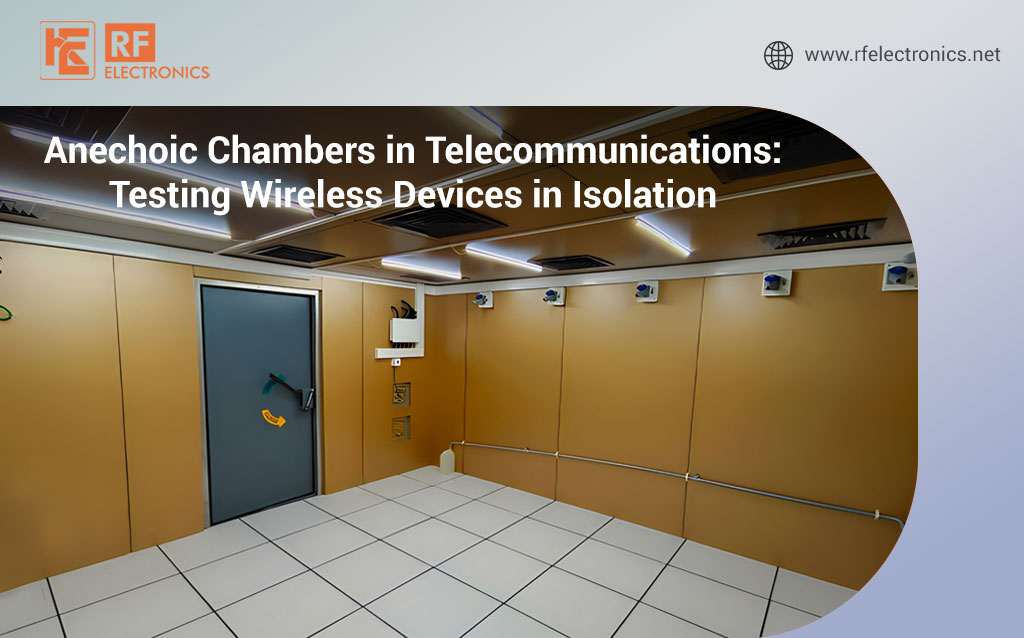
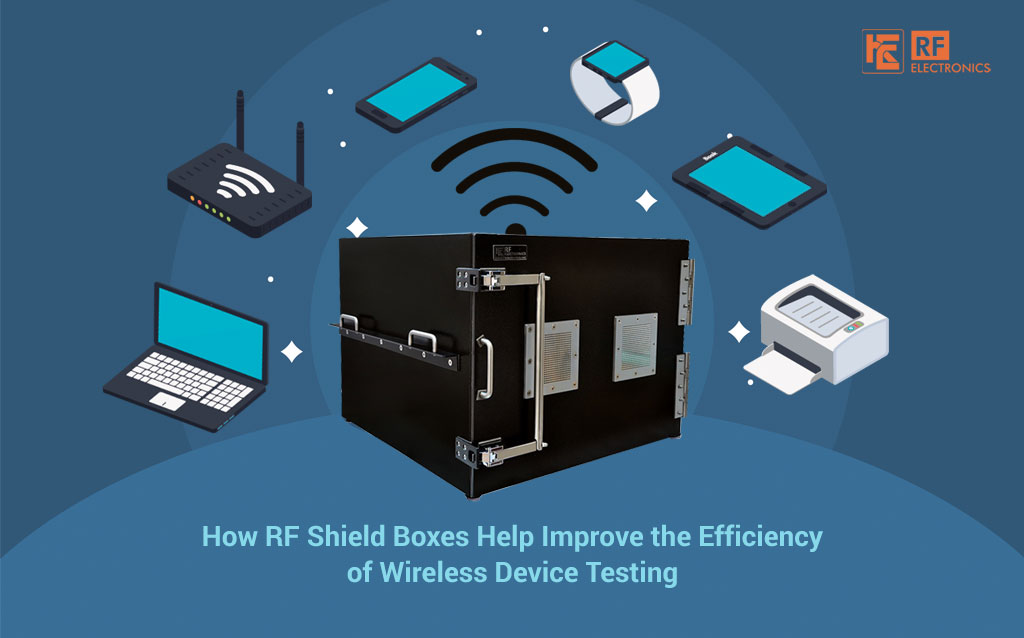
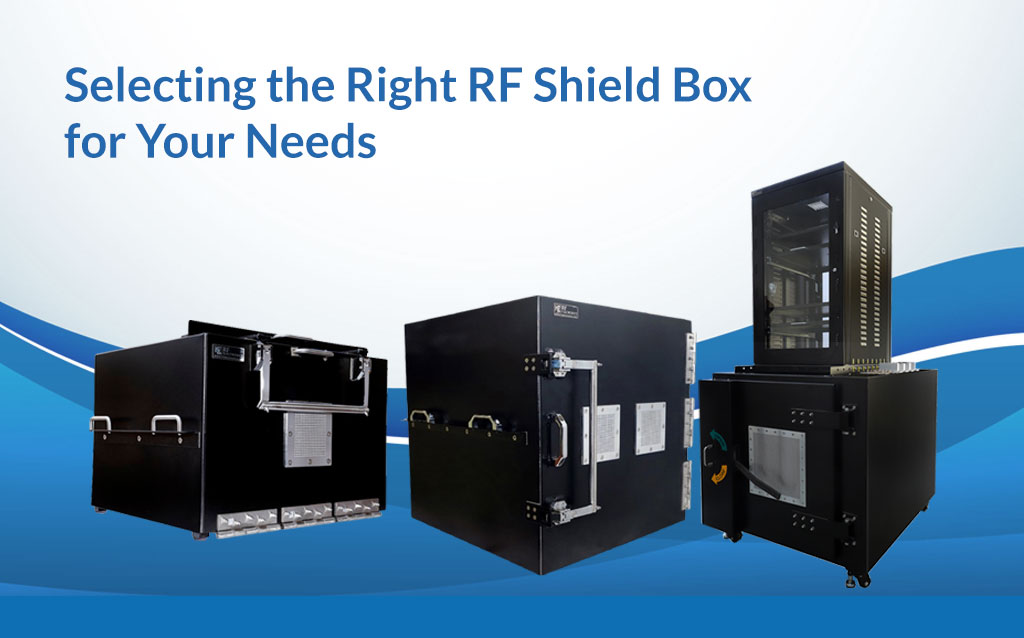
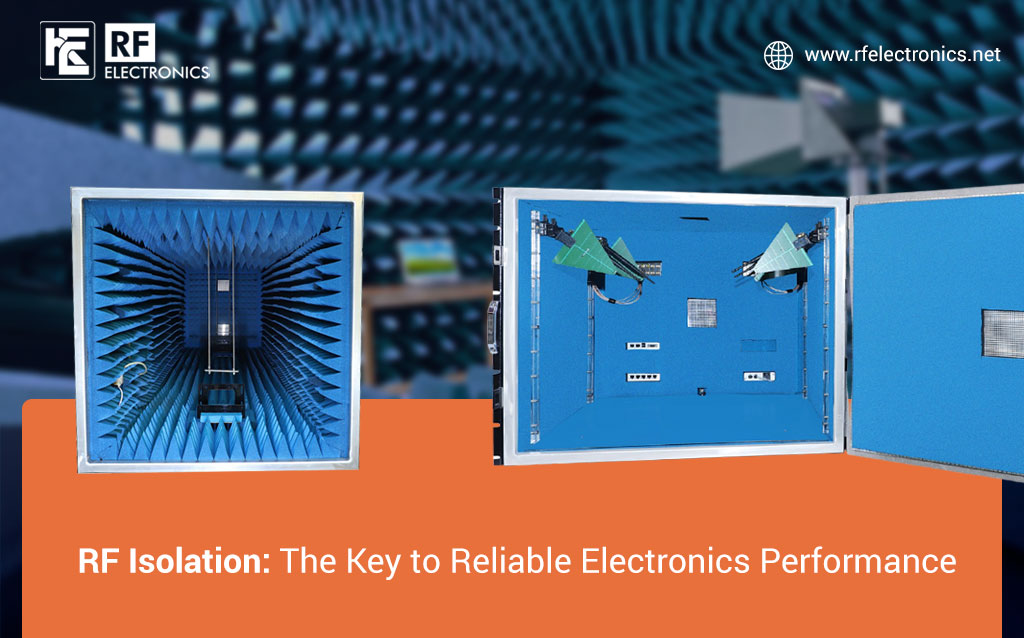
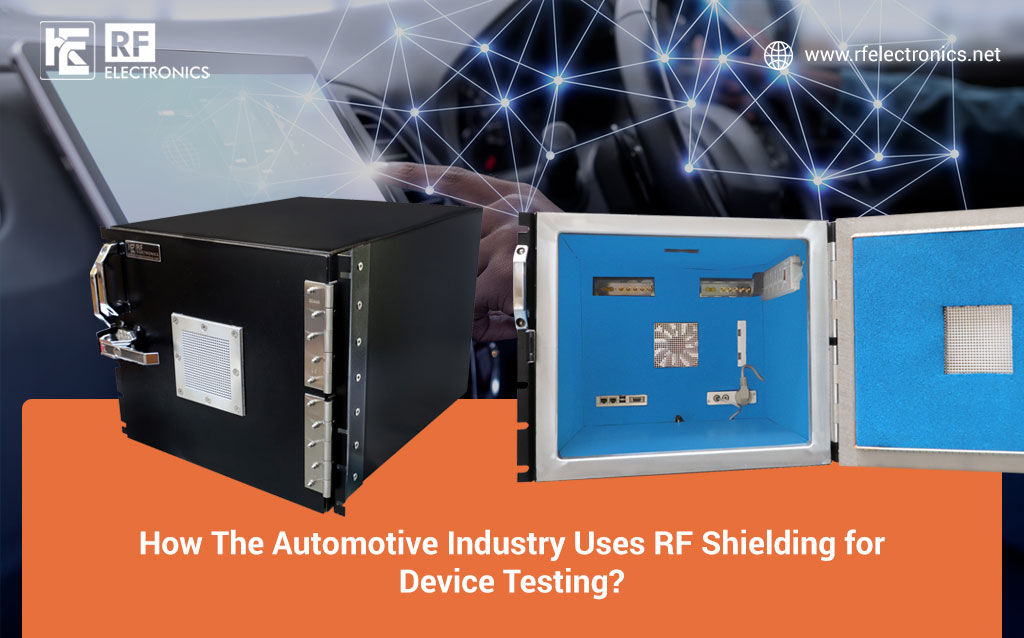


Comments
Add CommentNo Comments Available